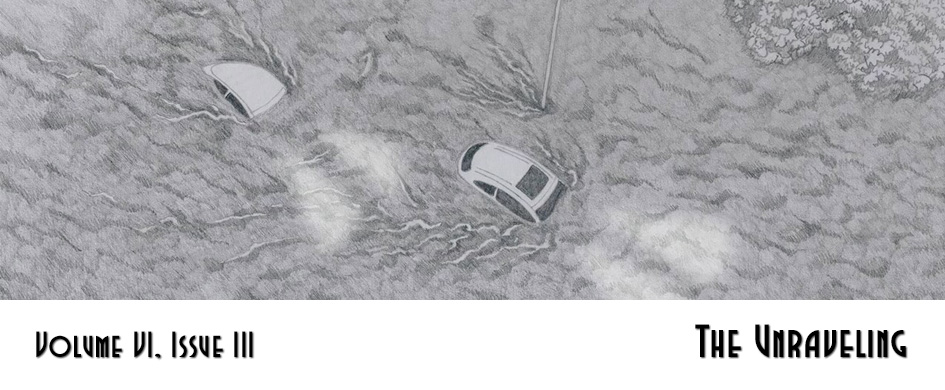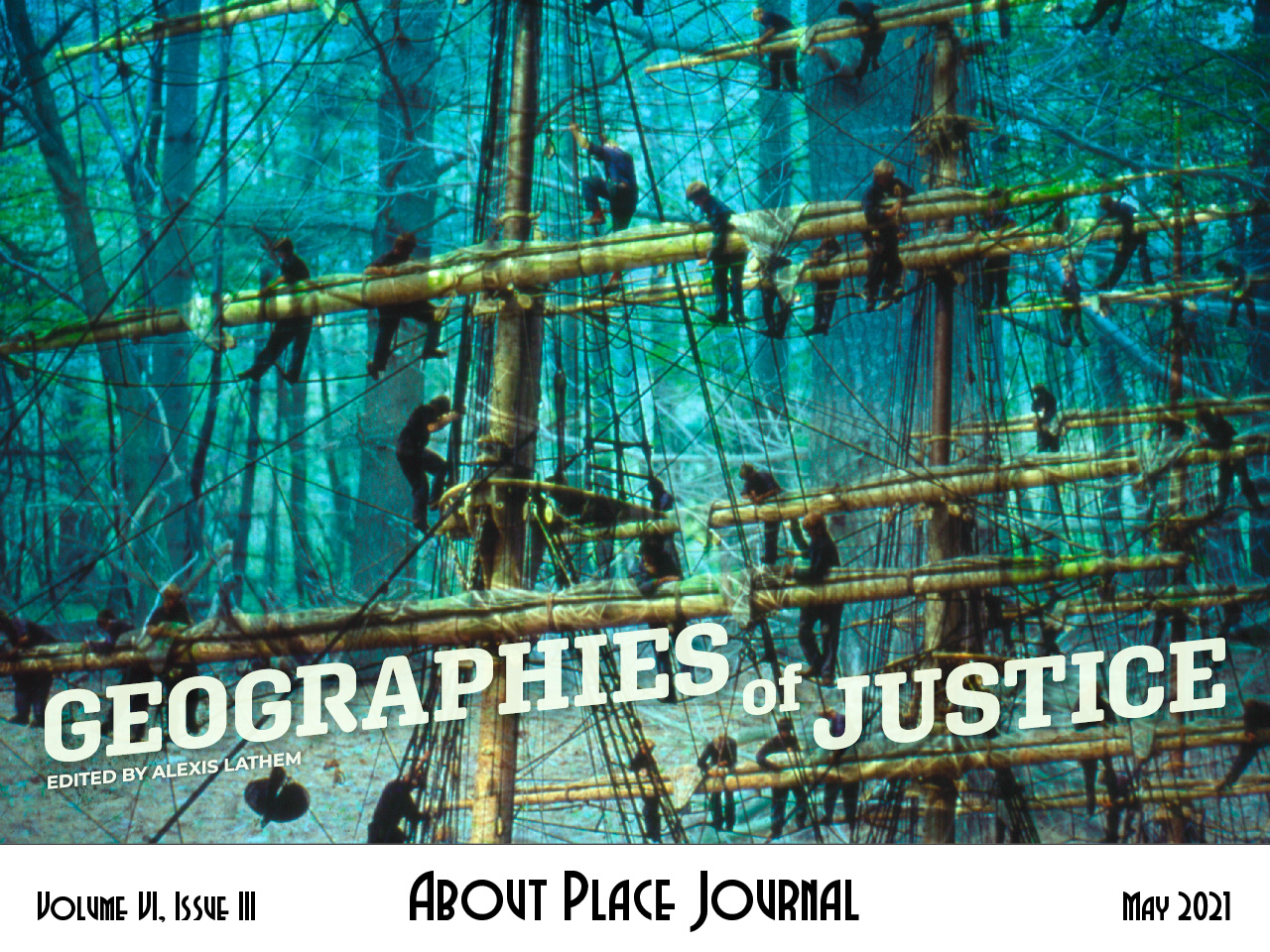to hold him, the infant boy, my arms in that cloudless sky
over Ruby Lake, but you know all this, how life looks
towards the farther end of the journey.
Once in a while, into the moment,
a line from the origin
reaches clear through us. I felt it almost,
skillfully, tenderly
passing through the young mother,
her arms, her voice
in the seat beside me,
as she shifted her infant,
he was bliss-faced, I could see,
from her right breast
to her left breast, she nursed him
in flight, all the way through—
a whisper, the line, a contrail
crossing a desert sky.
Where are they taking them?
Where on the dark flights
across the continent,
herded through the deserted terminals
are they taking the children?
To cages on the border?
My whole life you taught me
to wage peace.
Be the prince of owls,
hear the hidden thing.
Attend the deepening.
How can I help it
when feathers spread
from my shoulders? Talons
spring from my fingertips?
In a brightly illuminated,
soundproof room, mirrors
covering the walls,
every instant he looks,
he turns back into,
sees only himself,
the President, fixed
in infinite regress.
Barely space inside
to breathe.
In the internment camp
tent city cages on the border,
under guard, harsh arc lights,
children locked like dogs
in the desert. And it doesn’t
stop there, the apparatus
operates everywhere, operates in us:
put your shoes on the conveyer,
empty your pockets,
spread your legs.
I look at the moon out the window,
breathe the free air.
Two mosquitos watch me
watch two towering
Jeffrey pine trees turn to
ink, swooping forms—
an 18th-century
Chinese scroll painting
tall as twelve houses.
The pollen they spread
lands like a coating,
bitter, potent, solstice flour
dusting the open sill.
The baby, sleeping, pressed to his mother’s heart.
It’s not that they do or do not have names:
maybe stars exist
to create, for all of us, for anyone,
the possibility of naming.
Maybe that’s how
the light gets through.
Already, the three boys,
I wonder, can you see them?
Passing the moon on the skyroad
heading towards the forest?
The older, taller one walks farther away.
The younger two, bright, small, stop, turn.
Catch from the edge
of the blade the gleam
of the knife I test with my finger.


